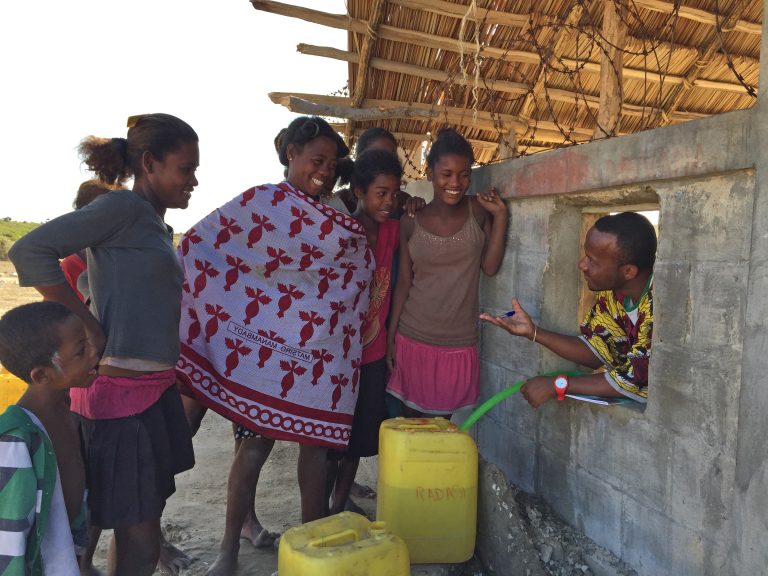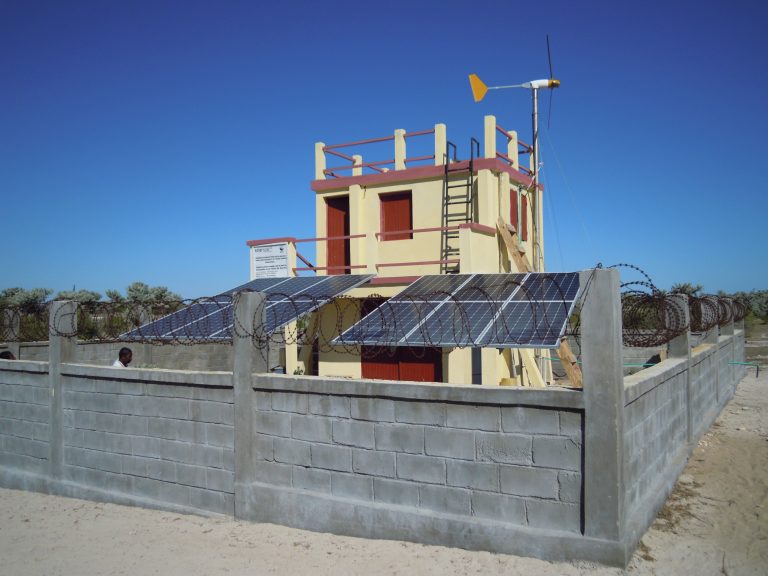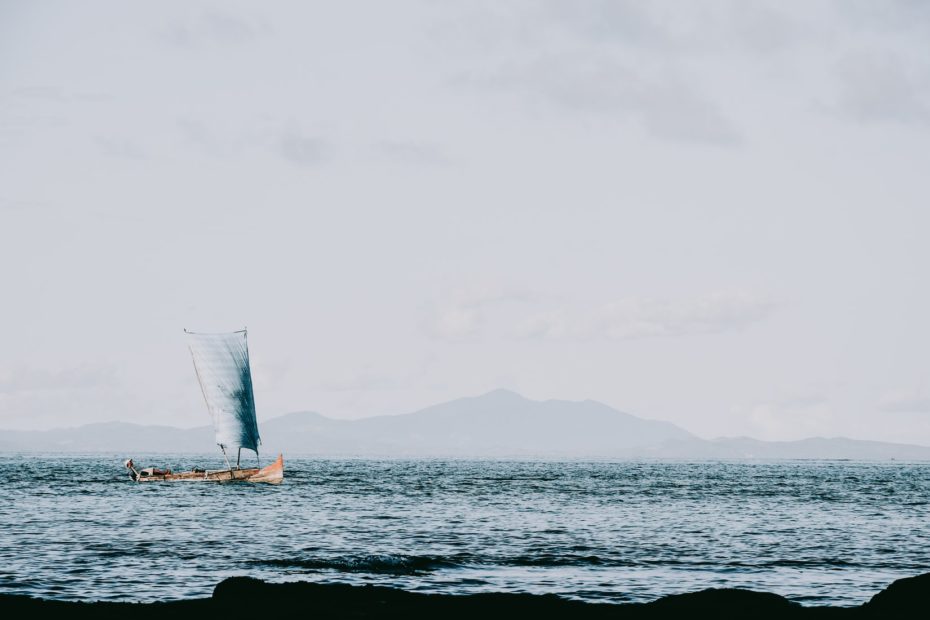Nemaco - Madagascar
Madagascar: Sustainably improving the livelihood of communities
The Swiss social enterprise WECONNEX launched an initiative called NEXUS in several developing countries in 2015. In the Southwest of Madagascar, 50 fishing villages are supported through the provision of adequate infrastructure. The project improves the living conditions of local people as well as the management of natural resources sustainably – and offers attractive conditions for investors.

The NEXUS Madagascar social enterprise called NEMACO implements an innovative business model that provides 50 fishing villages with access to infrastructure and know-how to sell their fishery products to the market. The project in the region Atsimo Andrefana combines technology deployment and infrastructure development with transferring entrepreneurial know-how and skills. At the same time, it creates environmental impact through marine life conservation. The holistic approach allows to foster economic and sustainable development in a very poor and remote area.
Access to basic needs is still very limited
Although Madagascar is one of the hotspots for international aid, infrastructure is still lacking and living conditions are poor – especially in the southwestern region, where the project is being established. With an extreme poverty rate of 77.8% in 2012, the island is ranked among the poorest countries in Africa. In addition, Madagascar is also one of the 10 countries most at risk from the effects of global warming.
In the Atsimo Andrefana region the purchasing power and the willingness to pay for basic services like safe drinking water, electricity or hygiene products is low, therefore innovative approaches are needed to develop the area. A successful project must combine the offerings with the people’s income activities. That is what NEMACO does.

Benefits for all involved parties
NEMACO, owned by the investors, the fishermen and WECONNEX, will establish what we call ‘NEXUS Centers’ in 50 fishing villages and operate them with a team of employees. “Through these centers we provide the necessary infrastructure and orchestrate the logistics”, explains Adrian Rutishauser, Project Manager at WECONNEX. NEMACO also ensures the training of the fishermen and coordinates the market access. Eventually, NEMACO will buy the fish to integrate the value chain. Thanks to better quality and higher market-power, significantly higher prices than today can be achieved. This margin will allow to refinance the infrastructure.
The social enterprise model creates benefits for all parties involved. Fishermen are equipped and empowered to sustainably produce more valuable and diverse products. NEMACO offers them a safe distribution channel and remunerates the investment capital once the operation is profitable. Fish merchants benefit from a higher quality, sustainable production and reliable quantities. Since access to infrastructure will only be granted to fishermen who respect the environmental policies, local NGOs will receive a new tool and incentive in leveraging sustainable fishing policies.
Social, ecological and economic impacts

The technology and know-how transfer will enable an ecological development of the region. We envision a total of over 100’000 habitants benefiting from the services offered at the NEXUS centers in Madagascar. More than 10’000 fishermen and their families will generate a higher income, which is today less than USD 2 per day per household. The project will create local jobs and improve people’s health through access to clean drinking water, sanitation and awareness raising. Electricity, Internet or IT-services will open up additional prospects for education, information and new business opportunities. The network created by the centers will also enable other technology providers to deploy their technologies and ideas to the market.
Fair Profits for all parties
Since 2014, WWF together with WECONNEX has built up five drinking water shops in coastal villages in Madagascar. This basis is now being used and expanded. A local project coordinator is currently managing the pilot phase. The project offers attractive conditions for investors to invest their funds sustainably. The total capital required over five years amounts to USD 4.8 million. A yearly interest of 5% will be paid on loans, which are repayable over 5-6 years. The capital will be invested by NEMACO into the local infrastructure and operations. This is a social enterprise model which is different than a social business since it offers a return to the investors.
The Social Entrepreneurs
Lars Willi, CEO & Founder
Lars has founded WECONNEX in 2015. He is a former CEO of a Swiss solar energy and water treatment system supplier and has an outstanding experience in technology, management and international business development. Lars has a degree in Finance & Accounting from the University of St. Gallen HSG.
Adrian Rutishauser, Project Manager
Adrian joined WECONNEX in January 2017 and was first based in Madagascar to develop the NEMACO project. He has a track record in management consulting as well as marketing and communications. Adrian studied Marketing, Communication & Services at the University of St. Gallen HSG.

